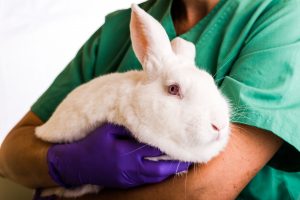The Speciality of
Laboratory Animal Medicine
Promoting high standards of laboratory animal medicine through scientific inquiry
Millions of animals are the focus of research into the understanding of life. Nearly all of these animals live in modern, highly-specialised vivaria, providing for their health and welfare in a consistent, reproducible manner all around the world.
Laboratory animal veterinarians have responsibility for the care of research animals, 95% of which are rodents and half of which are genetically modified, immunologically impaired or prone to diseases similar to their human counterparts. The basis for our role in biomedical research is the deep understanding of physiology and pathobiology that is common to all veterinarians, focusing upon species which contribute to the understanding of human health and disease. Specialists in lab animal medicine have undergone at least 3 years of speciality training and passed a rigorous examination which meets the requirements of the European Board of Veterinary Specialisation.
Our sister organisation, the European Society of Laboratory Animal Veterinarians, is open to any qualified veterinarian who works with laboratory animals. The European College of Laboratory Animal Medicine is one of 27 specialist colleges recognised by the European Board of Veterinary Specialisation. ECLAM was founded in 2000 and was fully recognised by EBVS in 2008.
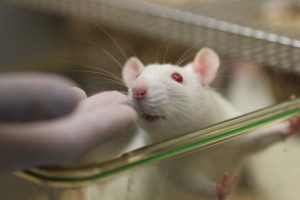
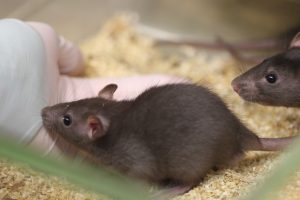
A Career in Laboratory Animal Medicine
Being part of the world of biomedical research
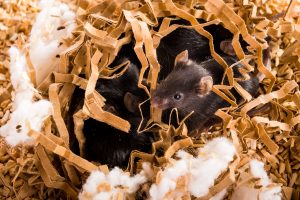
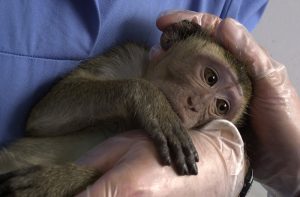
The quality of research depends upon well-characterised high quality animal models, careful attention to aseptic technique, anaesthesia and analgesia, controlled housing environments, excellent sanitation, strict quarantine procedures, and hygienic barriers from the outside world. Ethical animal research requires prospective ethical review of research plans, detailed review of research protocols, and retrospective review of scientific outcomes and animal welfare impacts. In recent years, we have become key participants in changes to the way research is conducted, in order to address a worldwide issue: the slowing of medical progress and introduction of new therapies.
Click here to see where we work.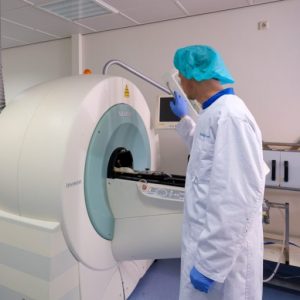
“the reward is in knowing we contribute to the vast body of scientific knowledge“
Becoming an ECLAM Diplomate
Learn – Analyse – Contribute
Laboratory animal science and medicine is a scientific discipline, too. As research becomes ever more sophisticated, scientists develop new ways of studying animals, and we develop new ways of producing, housing, protecting and understanding them.
ECLAM Diplomates are leaders in the knowledge of laboratory animals. Being a Diplomate enables you to collaborate with other researchers in every aspect of biomedical research, and to apply your skills to improve the lives of the animals which are fundamental to the acquisition of scientific evidence.



